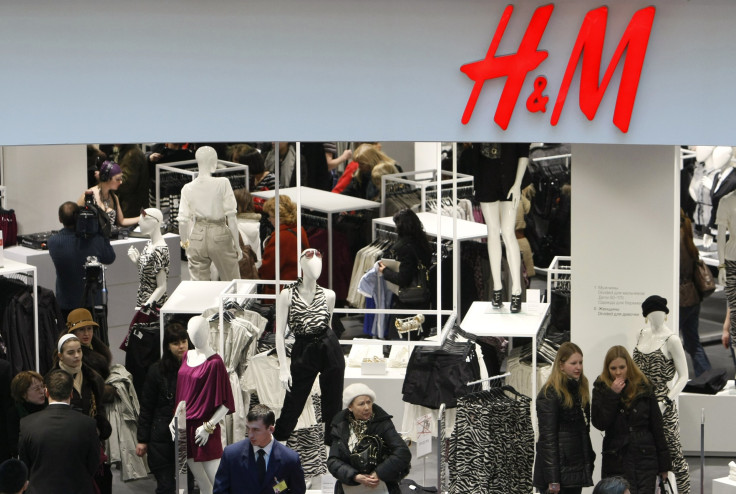Bangladesh Garment Industry: H&M Commits To Fire And Building Safety Agreement

In the wake of controversy surrounding Bangladesh’s garment industry, H&M -- the largest purchaser of garments from that country -- agreed on Monday to sign a legally binding Fire and Building Safety agreement initiated by the IndustriALL Global Union.
The signing of the agreement comes just three weeks after a building collapse in Bangladesh killed more than 1,100 workers. The move is a clear indicator that multinational retail clothing companies like H&M (OSX: HM B) are taking the appropriate steps toward improving fire and building safety in the garment industry.
“Our strong presence in Bangladesh gives us the opportunity to contribute to the improvement of the lives of hundreds of thousands of people and contribute to the community’s development,” Helena Helmersson, head of Sustainability H&M, said in a statement.
The factory-safety agreement calls for independent, rigorous factory safety inspections with public reports; for mandatory repairs and renovations – with Western retailers underwriting those repairs; and for retailers to stop doing business with any factory that refuses to make necessary safety improvements. The plan also calls for workers and their unions to have a substantial voice on factory safety.
“By being on-site, put demands on manufacturers and work for continuous improvements, we can slowly but surely contribute to lasting changes,” Helmersson said.
Ever since the collapse of the Rana Plaza building on April 24 on the outskirts of Dhaka, Bangladesh’s capital, H&M, Wal-Mart (NYSE: WMT), Gap (NYSE: GPS) and other companies have faced intense pressure to sign the agreement. Until Monday, only two other companies had done so -- PVH (NYSE: PVH), the parent company of Calvin Klein and Tommy Hilfiger, and Tchibo, a Germany retailer.
Inditex, a large Spanish apparel company best known for its Zara brand and stores, has also agreed to sign on to the safety plan.
In related news, Bangladeshi Textiles Minister Abdul Latif Siddiky said on Sunday that the government planned to raise the minimum wage for the nation’s more than 3 million garment workers.
© Copyright IBTimes 2024. All rights reserved.





















